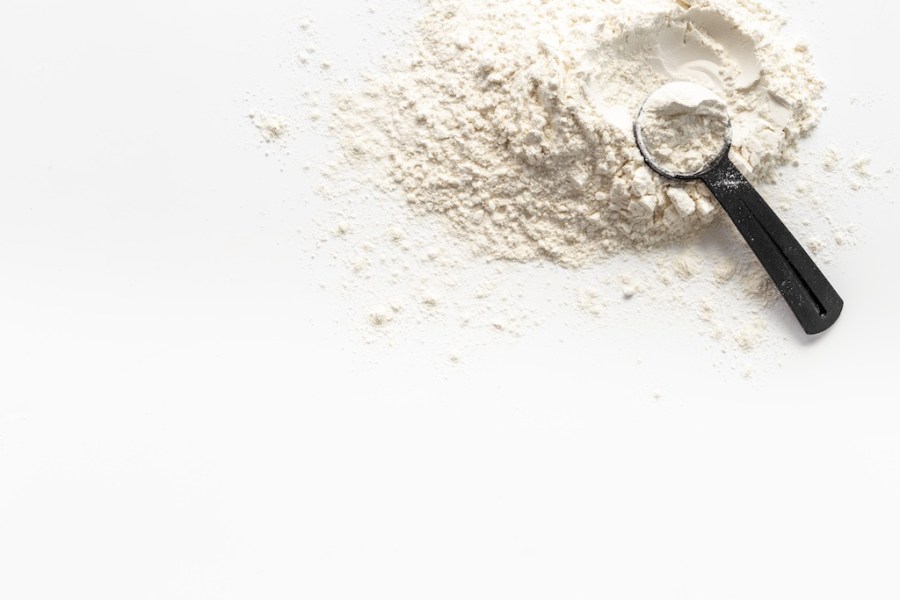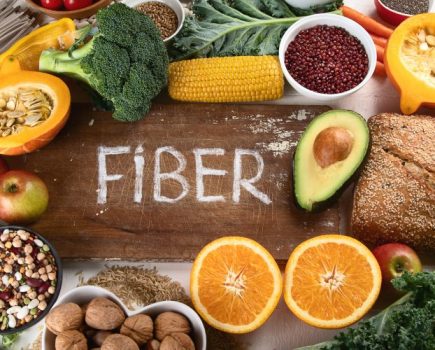A new study suggests how you spread your protein intake out is less important that once thought, writes nutritionist James Hudson.
In 2023 the science was clear when it came to the amount of protein you should consume per meal to maximise muscle-building (anabolic) signalling. The body of research showed there was a dose-response (the bigger the dose, the bigger the response) relationship up to about 0.25g per kg of bodyweight. All the science pointed to this being up to a dose – whether via whole foods, the best protein bars or shakes – of about 20 or 25, or maybe even 30g protein depending on the athlete’s size, before the anabolic signalling plateaued.
The recommendations that sport’s nutritionists (including myself) gave to athletes and everyday gym-goers looking to build muscle were based on this evidence. We would recommend people spread out their intake evenly over the day: having four, five or even six meals of roughly 25g protein. This is probably a piece of advice you have heard when chatting to mates on the gym floor, and it made sense at the time considering the latest science. If you think about it, if you can maximally stimulate muscle protein synthesis with 25g protein, then you want to do that multiple times a day to get more signals to your body to build muscle and recover.
Does how much protein you have with each meal matter?
However, science is always progressing and, when it does, our recommendations need to be updated too. This old advice regarding protein timing is now wrong. A study published in December last year by Trommelen et al (2023) has changed how we should all view protein.
This study by Trommelen et al (2023) has the catchy title, ‘The anabolic response to protein ingestion during recovery from exercise has no upper limit in magnitude and duration in vivo in humans’. It completely changes the game. The researchers compared 0, 25 and 100g protein per dose and tracked what happened over 12 hours. What they found was that the dose-response continued. In fact, they concluded, ‘The anabolic response to protein ingestion has no upper limit.’
What is clever about this study is that it looks at protein breakdown (what the scientists call ‘amino acid oxidation’) as well as synthesis. It was previously assumed that the more protein you eat in a meal, the more would be oxidised (broken down). However, this study disproves that assumption showing that a large dose, tested over twelve hours, had an effect on protein breakdown that was (wait for it)… negligible.
They wrote that even at very large doses, the majority of the ingested protein (>85%) is utilised for tissue protein synthesis, with less than <15% being oxidised.
So what does it mean?
It means that the timings at which you eat protein across the day are far less important than we once thought for muscle growth. Now, I’m not saying protein isn’t needed or that a low-protein diet is best. Your daily intake is still very important to help you build muscle mass, but how you choose to distribute it across your day into meals and snacks is less so. For example, instead of having three meals and three snacks all with 25g protein every two and a half hours, you could have 50g at breakfast, 25g at lunch and 75g at dinner and get the same anabolic (muscle building) signalling, because their totals are the same.
Ultimately, this new evidence is great news as it makes it easier to get your protein in. Keep up your multiple feedings or have fewer feedings with bigger portions. It’s up to you.
‘How much protein should I have per day?’ I hear you ask. I promote the advice of Stuart Phillips (probably the top researcher for protein in the world) who recommends that 1.6- 2.2g per kilogram of bodyweight per day is plenty to optimise gains in muscle building.
Why the science is ever-changing
Please don’t read this and get frustrated that science is always flip-flopping and lose faith in the scientific approach. You may quite rightfully be thinking, ‘Why haven’t other studies come to this different conclusion before?
The reason the old studies were misleading is that they didn’t look at a large enough quantity over a long enough duration. When performing scientific experiments you can’t test everything all at once, as you won’t know why things changed. Studies take time and money to perform and each bit of research builds on the body of science already there. At the time, it was fair to make the old recommendations based on the information then available. However, when new research comes to light, we need to update and keep pace.
So, moving forward, when someone says to you that you need to have multiple protein feedings to ‘optimise’ your intake, or ‘your body can’t handle more than 25g protein’, you can confidently say that the latest science says otherwise.







